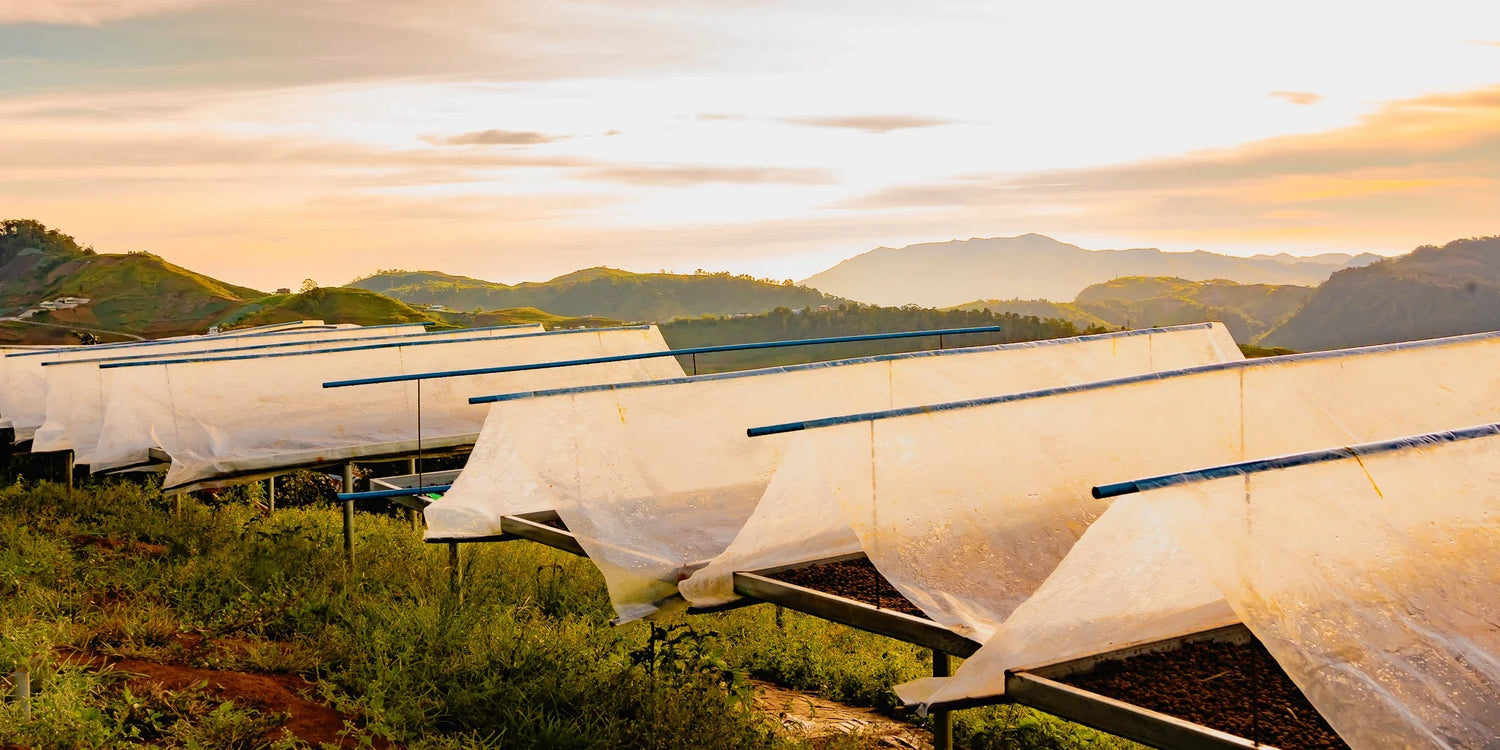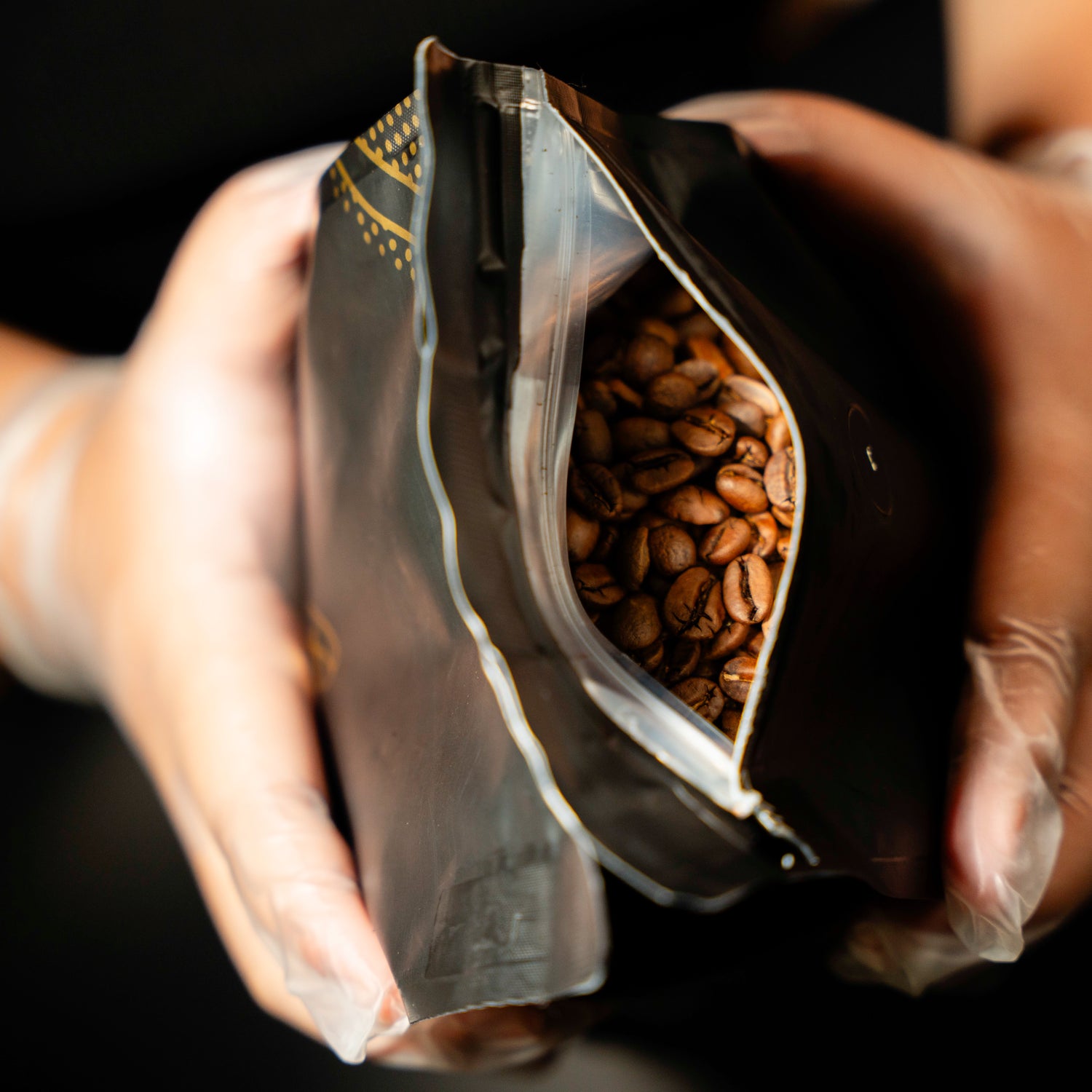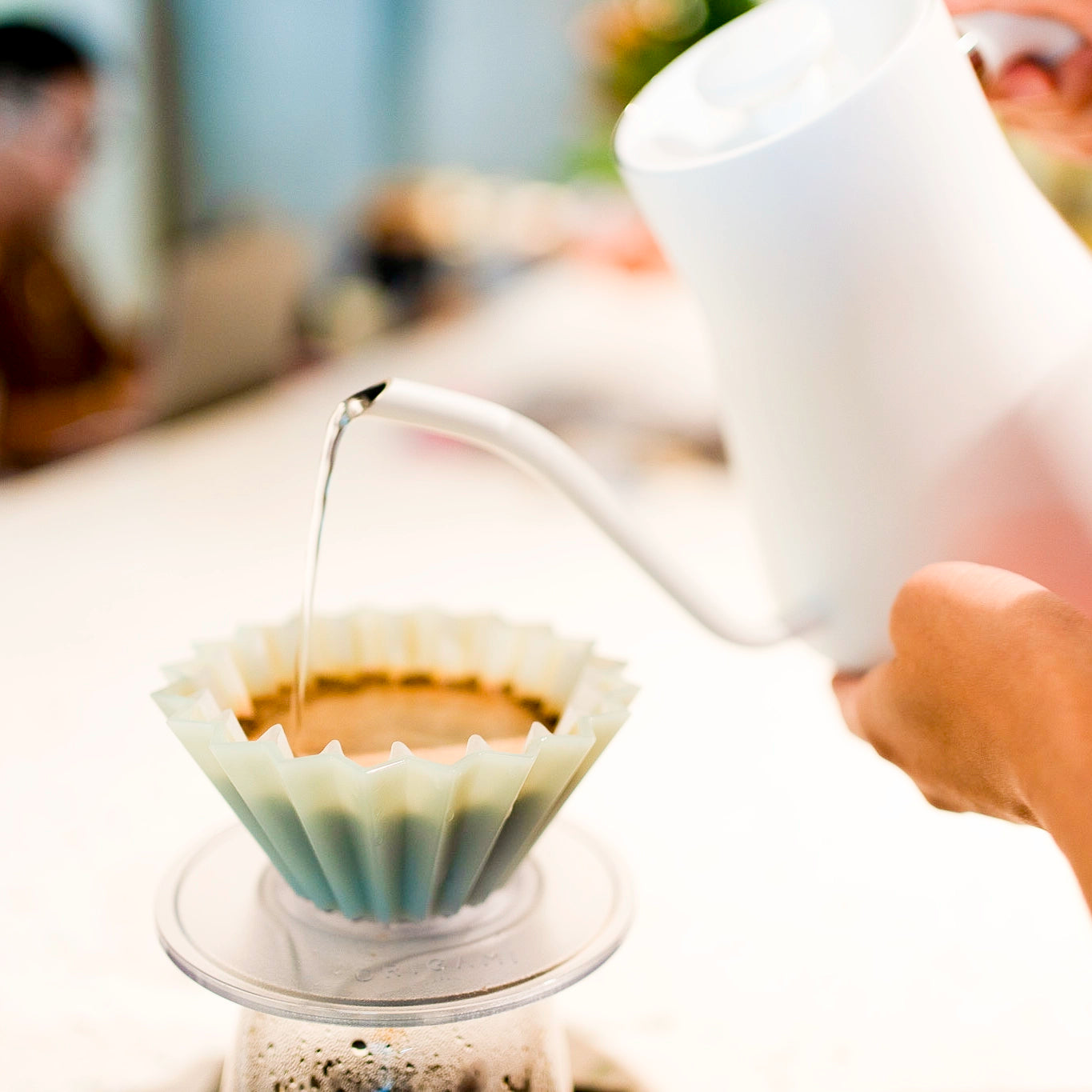Ever wonder if coffee gets pressured when you're timing it?
Or is it okay to leave it brewing for as long as you want?
In coffee extraction theory, timing isn’t just a suggestion—it’s critical to how your coffee turns out in the cup. Let's break it down.
What Is Brew Time in Coffee?
Brew time is the total time your water is in contact with your coffee grounds.
It’s one of the most important brewing variables, affecting what, and how much, flavor gets extracted from your coffee.
Depending on your brewing method, brew time can either depend on other parameters—like grind size and pouring technique—or it can be fixed, like in immersion methods.
For example:
-
In pour-over brewing, your brew time is influenced by grind size, water amount, and your pouring style.
-
In French press, the brew time is usually set—typically around 4 minutes—before you press the plunger and serve.
How Brew Time Affects Coffee Extraction
Brew time directly impacts the extraction level of your coffee.
-
Shorter brew times extract less and can lead to under-extraction.
This means your coffee might taste sour, overly acidic, or flat, because not enough flavor compounds were extracted. -
Longer brew times extract more and can lead to over-extraction.
This can make your coffee taste bitter, astringent, or harsh—because too much was extracted, including undesirable compounds.
Finding the Sweet Spot
The goal?
Find the perfect brew time for your brewing method and recipe to unlock the full flavor potential of your coffee beans.
Different brewing methods have different ideal brew times:
-
Pour-over: Typically 2.5 to 4 minutes, depending on recipe and grind size.
-
French press: Around 4 minutes steep time.
-
Espresso: 20 to 30 seconds extraction window.
The Takeaway: Don't Leave Your Coffee Hanging
Your brew time definitely puts pressure on your final cup’s quality.
Next time you brew, don’t leave it to guesswork.
Respect the brew time and dial in your beans properly so you can...
Enjoy your coffee!


